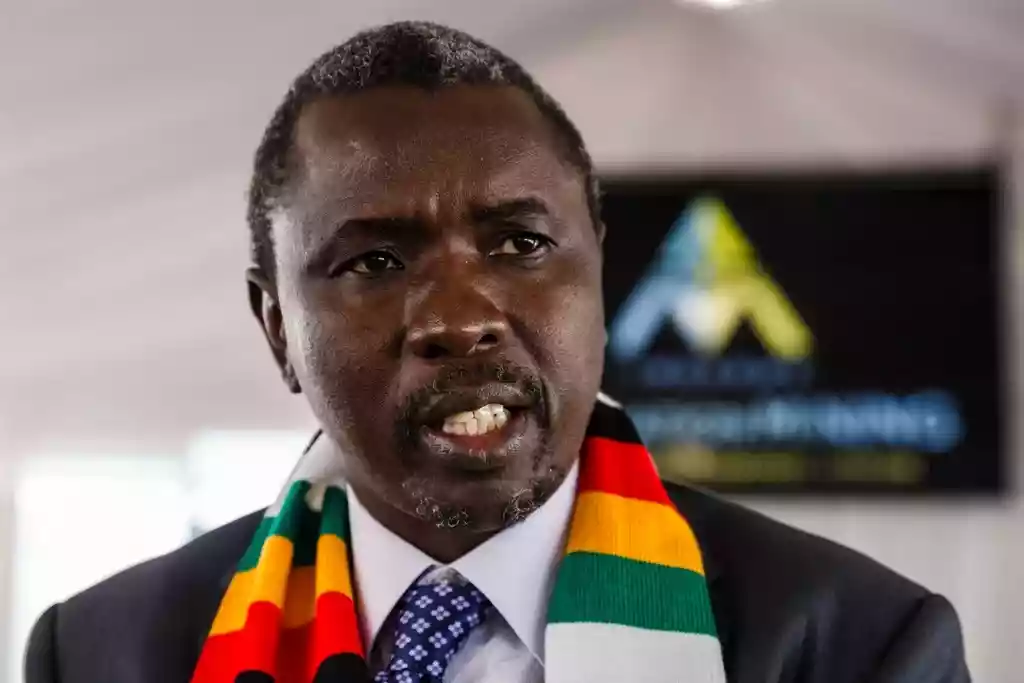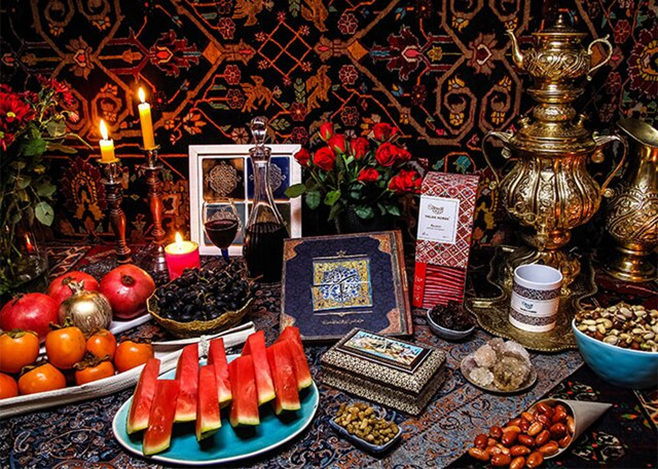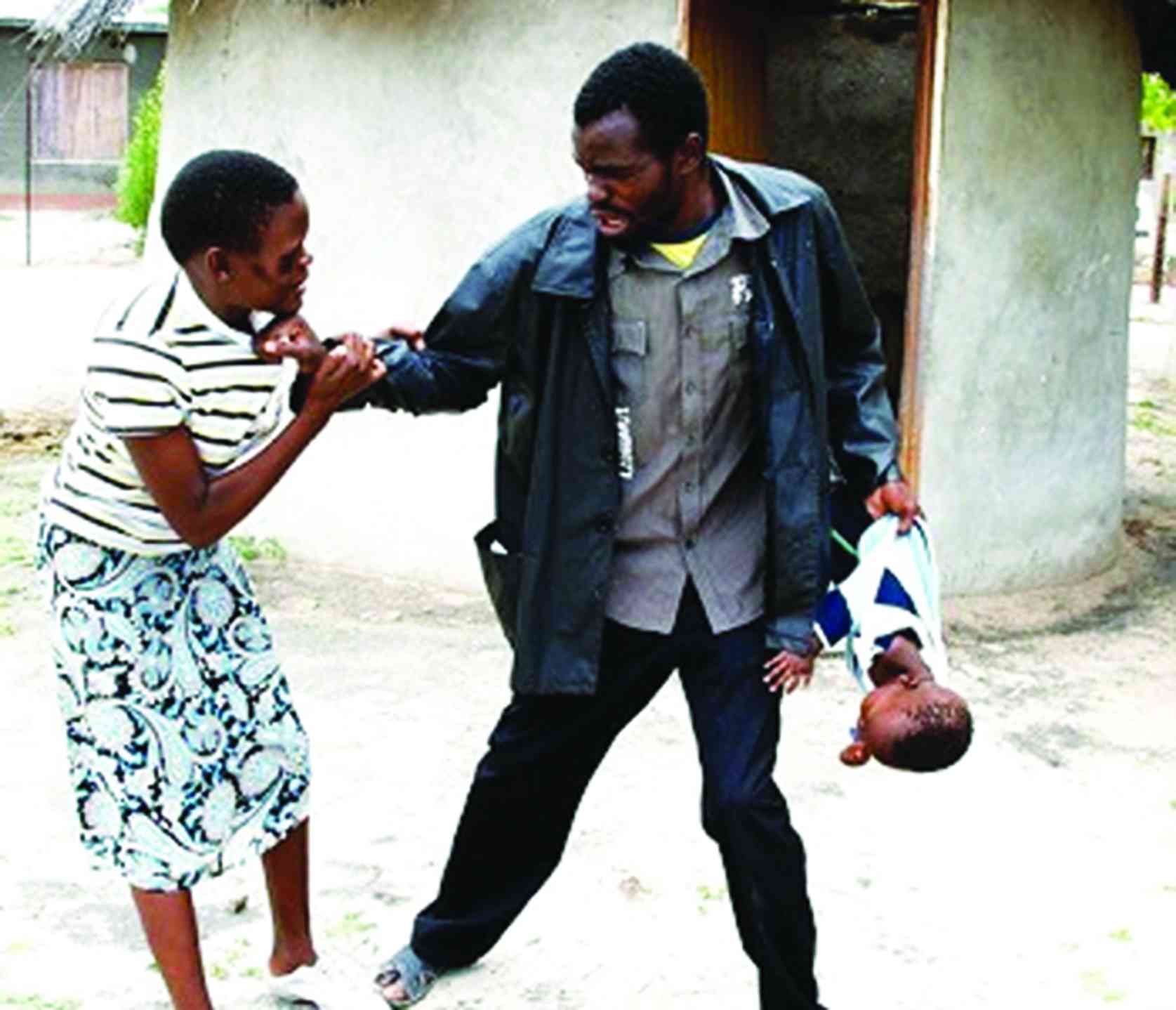
In March 2017, the Media Alliance of Zimbabwe (MAZ) hosted a regional media stakeholders’ conference in Harare, where various players in the media sector in the region participated in what became the first process towards establishing a common framework for strengthening regional advocacy for media freedom in Southern Africa.
By Nigel Nyamutumbu
Southern Arica is generally facing a harsh socio-economic environment characterised by increasing levels of poverty, growing unemployment, prevalence of migration to economically better countries such as South Africa, Namibia and Botswana, deindustrialisation, dwindling media revenues and downsizing of media operations.
There is a notable growing socio-economic inequality; increasing crime rates; and deepening corruption.
In relation to the above, there is equally a growing case of capture of public sphere institutions including the State, the media and civil society as well as competitive electoral authoritarian regimes that thrive on impartial political and socio-economic reforms.
Responses by civil society are affected by donor dependence and a donor driven civil society finding it increasingly difficult to navigate through sustainability challenges presented by a situation in which traditional donor countries place more focus on survival issues affecting their citizens.
Overall, Southern Africa is facing stunted regional integration initiatives characterised by negative developments such as xenophobia, counter-progressive protectionism in relation to regional trade.
In light of these cross cutting challenges and issues affecting media development within the region, MAZ with support from international co-operating partners, mainly the National Endowment for Democracy (NED) and the International Media Support (IMS), has been implementing various interventions that respond to the needs of the media sector in Southern Africa.
- Chamisa under fire over US$120K donation
- Mavhunga puts DeMbare into Chibuku quarterfinals
- Pension funds bet on Cabora Bassa oilfields
- Councils defy govt fire tender directive
Keep Reading
To date, MAZ has been able to co-ordinate media stakeholders towards developing a regional strategy that is anchored on building consensus around the priority areas for media development within Southern Africa.
Among other issues, the strategy identifies a cross range of priorities and areas requiring intervention, including undemocratic laws, threats on the safety of journalists and activists, decline in professional journalism standards and unsustainable models in media operations.
Significantly, the strategy audits each Southern African country media policy framework, where there is an urgent need for reforms and/or alignment of laws with the constitution.
Many Southern African countries reviewed have constitutions that provide for either freedom of expression, freedom of the media and or right of access to information in their supreme laws but there are still exemptions and other laws that inhibit these rights and freedoms.
For instance, in Swaziland, the 2006 constitution enshrines freedom of expression and freedom of the press.
But there are more than 30 repressive media laws including the Information and Protection of Privacy Act, Swaziland Media Commission Act, Swaziland Public Broadcasting Corporation Act, Swaziland Broadcasting Act and the Books and Newspapers Act.
These laws purport to place the interests of the media at their centres, while inhibiting freedom of the media and other communicative rights and liberties.
In Zambia, there is the Penal Code, which, among other provisions, prohibits the publication of falsehoods with the intent of causing fear and alarm.
The code also protects the country’s president and foreign princes against defamation while Section 191–198 of the code provides for criminal defamation.
The Penal Code and other laws have consistently been used to muzzle journalistic and media freedoms.
As a result of these laws and other repressive laws, Zambian media outlets, especially the privately-owned ones that are critical of government, are facing defamation law suits that, together with dwindling advertising revenues, are currently threatening their viability and sustainability.
The case of Malawi is a typical scenario of competitive authoritarianism.
Despite constitutional guarantees for media freedom, there are laws and regulatory mechanisms that undermine principles and values of media freedom and media diversity.
On the other hand, while South Africa has one of the most democratic constitutions in the world with provisions for free expression, the right of access to information and freedom of the media, there are constitutional limits on the right to protest.
There are also security and defamation laws that limit free expression in ambiguous ways. Namibia continues to be ranked as the number one country in Africa in terms of press freedom rankings.
However, laws such as the Protection of Information Act (1982), the Defence Act (2002), National Security Act (1997) and the Public Service Act (1997) limit free expression, access to information and freedom of the media insofar as they impose red tape and bottlenecks that inhibit free expression and free information flow.
The same could be said of Zimbabwe, which despite having a democratic constitution, there are many laws that include the Access to Information and Protection of Privacy Act, Censorship laws, Criminal Law (Codification and Reform) Act and the Broadcasting Services Act that restrict the operations of the media.
This is similar to Tanzania, which recently passed a media services law under which journalists and media houses will be registered.
Tanzania also passed a restrictive cyber law that is being used to harass online content producers.
While Botswana is fairly democratic, journalists have faced threats from political leaders and some journalists have had to go into exile after threats of arrests by the government.
Apart from the regional strategy, MAZ has supported other interventions that seek to positively influence media policy dialogues within the region and ensure that the media freedom agenda remains topical.
MAZ has been engaging with the Southern Africa Development Community Parliamentary Forum (Sadc PF), the Pan African Parliament (PAP) and Sadc’s Elections Advisory Council among other regional structures that can influence change within the region.
It is only through such coordination that we can strengthen regional advocacy for media freedom in Southern Africa.
Nigel Nyamutumbu is the MAZ programmes manager and can be contacted on [email protected] or [email protected], Mobile +263 772 501 557, Facebook: Media Alliance of Zimbabwe and Twitter: @MAZ_Zim. This article originally appeared on medium/@the.accent an initiative by The Accent and MAZ.











